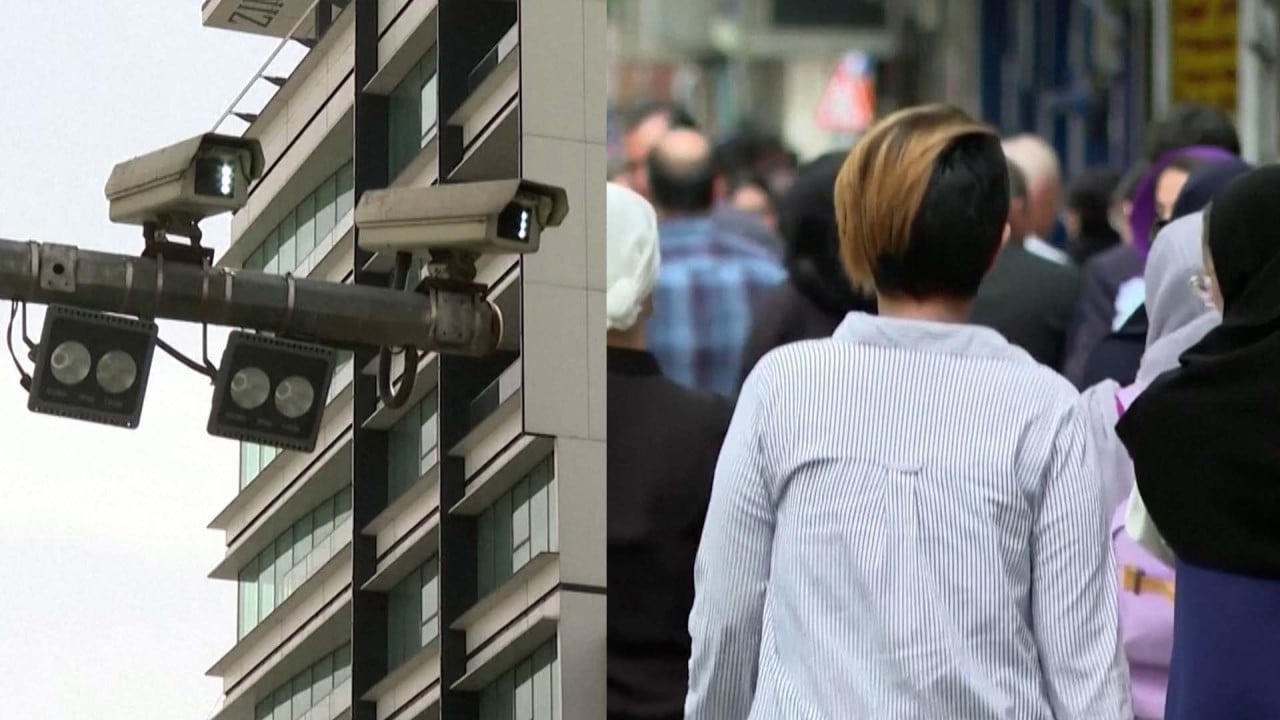Iran’s draft hijab law may amount to ‘gender apartheid’, UN experts say

[ad_1]
A draft law in Iran ordering new penalties for women not wearing a headscarf in public could amount to “gender apartheid,” UN rights experts warned on Friday.
Since the Islamic revolution of 1979, women in Iran have to cover their hair and neck in public, with offenders facing fines or prison terms of up to two months.
A growing number of women have been defying the law and appearing bareheaded, especially since nationwide protests sparked by the death in custody last year of 22-year-old Iranian Kurd Mahsa Amini, arrested for allegedly violating the law.
Iran’s conservatives, who dominate the country’s parliament and leadership, have passionately defended the dress code.
In May, the judiciary and the government proposed a “Support for the Culture of Hijab and Chastity” bill, urging far stiffer penalties for non-compliance.
It raises fines and includes other penalties such as the temporary confiscation of a woman’s vehicle.
“The draft law could be described as a form of gender apartheid,” eight UN rights experts said in a statement. “The authorities appear to be governing through systemic discrimination with the intention of suppressing women and girls into total submission”.
Iranian climber greeted as hero after competing without hijab
Iranian climber greeted as hero after competing without hijab
The experts, including the Special Rapporteur on the rights situation in Iran and members of the UN Working Group on discrimination against women and girls, said the draft bill and existing de facto restrictions “are inherently discriminatory and may amount to gender persecution”.
The independent experts, who are appointed by the UN Human Rights Council but who do not speak on behalf of the United Nations, warned that the severe punishments called for by the bill “may lead to its violent enforcement.”
“The bill also violates fundamental rights, including the right to take part in cultural life, the prohibition of gender discrimination, freedom of opinion and expression, the right to peaceful protest, and the right to access social, educational, and health services, and freedom of movement,” they said.
The experts slammed the use of terms like “nudity” and “lack of chastity” in the bill, which they said sought to authorise public institutions to deny essential services and opportunities to women and girls without a headscarf.
“The weaponisation of ‘public morals’ to deny women and girls their freedom of expression is deeply disempowering and will entrench and expand gender discrimination and marginalisation,” they said, warning of “wider negative consequences for children and society as a whole”.
“We urge authorities to reconsider the compulsory hijab legislation in compliance with international human rights law, and to ensure the full enjoyment of human rights for all women and girls in Iran,” the experts said.
[ad_2]
Source link






